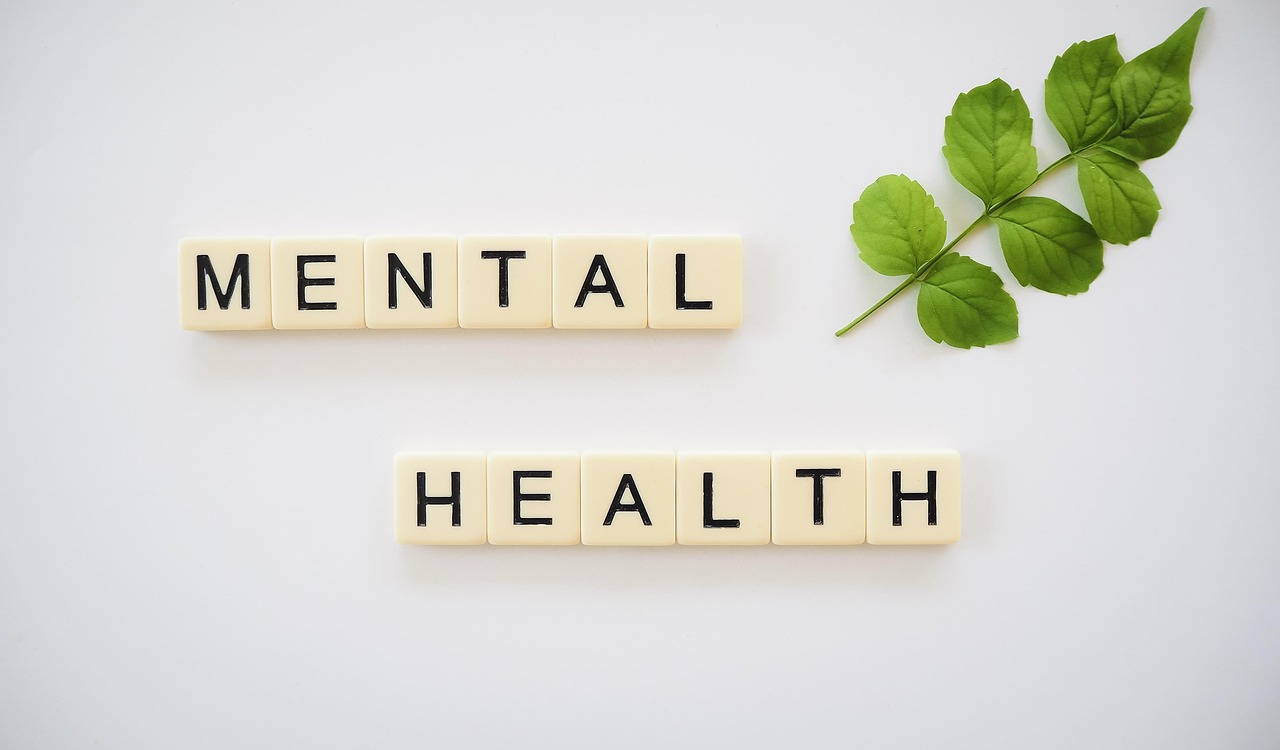Feeling stressed? Take a quick survey to get a better idea of how you're feeling. It may help you focus on what's important.
Mental health is becoming an increasingly important topic in our lives. Mood swings, anxiety or instability may be a normal part of everyday life, but sometimes it’s worth stopping and thinking. A simple self-assessment test can help you understand what emotional states you are experiencing and whether it’s worth discussing with a professional. This is not a diagnosis, but a step towards awareness. Do it in a calm environment.

How does stress impact our mood and cognitive function?
Stress is a natural response to challenging situations, but chronic stress can have a significant impact on both our mood and cognitive abilities. When we’re stressed, our bodies release cortisol, often called the “stress hormone.” Prolonged exposure to high levels of cortisol can lead to mood swings, irritability, and even depression. Cognitively, stress can impair our ability to focus, make decisions, and process information effectively. Recognizing these effects is crucial in managing our overall mental health.
What are bipolar mood swings and when should we be concerned?
Bipolar mood swings are characterized by alternating periods of extreme highs (mania or hypomania) and lows (depression). While everyone experiences mood fluctuations, bipolar disorder involves more severe and longer-lasting episodes that significantly impact daily life. Signs to watch for include unusually elevated mood or energy, decreased need for sleep, racing thoughts, and impulsive behavior during manic phases. Depressive episodes may involve prolonged sadness, loss of interest in activities, and changes in sleep or appetite. If you notice these patterns persisting or interfering with your daily functioning, it’s important to consult a mental health professional.
How can a simple survey help us understand our emotional state?
Self-assessment surveys are valuable tools for gaining insight into our emotional well-being. These questionnaires typically ask about your mood, energy levels, sleep patterns, and other relevant factors. By answering honestly, you can identify patterns or changes in your emotional state that you might not have noticed otherwise. While not a substitute for professional diagnosis, these surveys can help you track your mood over time and provide a starting point for discussions with healthcare providers if needed.
When is it time to consult a mental health professional?
While occasional mood swings or stress are normal, certain signs indicate it’s time to seek professional help. These include persistent feelings of sadness or hopelessness, significant changes in sleep or appetite, difficulty performing daily tasks, withdrawal from social activities, or thoughts of self-harm. If you’ve taken a self-assessment survey and the results suggest potential mental health concerns, or if you’re simply feeling overwhelmed, don’t hesitate to reach out to a mental health professional. They can provide a proper evaluation and recommend appropriate treatment options if necessary.
How can we maintain psycho-emotional well-being in everyday life?
Maintaining good mental health is an ongoing process that involves various aspects of our daily lives. Regular exercise, a balanced diet, and adequate sleep are fundamental to emotional well-being. Practicing stress-reduction techniques such as mindfulness meditation, deep breathing exercises, or yoga can also be beneficial. Cultivating strong social connections, engaging in hobbies, and setting realistic goals can contribute to a sense of purpose and fulfillment. Remember that self-care isn’t selfish—it’s essential for maintaining resilience in the face of life’s challenges.
What resources are available for mental health support in Canada?
For those seeking mental health support in Canada, there are numerous resources available. Here’s a comparison of some key services:
| Provider | Services Offered | Key Features |
|---|---|---|
| Canadian Mental Health Association (CMHA) | Counseling, support groups, education | Nationwide presence, community-based programs |
| Crisis Services Canada | 24/7 crisis support, suicide prevention | Phone and text support available |
| BounceBack Ontario | Guided self-help program | Free, coach-assisted cognitive behavioral therapy |
| Wellness Together Canada | Online mental health support | Free counseling, self-guided courses |
| MindBeacon | Digital therapy | Therapist-guided CBT, covered by some health plans |
Prices, rates, or cost estimates mentioned in this article are based on the latest available information but may change over time. Independent research is advised before making financial decisions.
In conclusion, taking the time to assess your emotional state through a simple survey can be a valuable step towards better understanding your mental health. By recognizing the signs of stress, mood swings, and potential mental health concerns, you can take proactive steps to maintain your well-being. Remember, seeking help when needed is a sign of strength, not weakness. Your mental health is just as important as your physical health, and taking care of it should be a priority in your daily life.
This article is for informational purposes only and should not be considered medical advice. Please consult a qualified healthcare professional for personalized guidance and treatment.
The shared information of this article is up-to-date as of the publishing date. For more up-to-date information, please conduct your own research.




